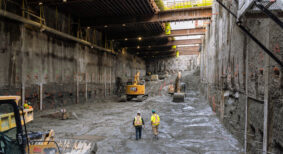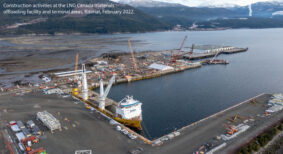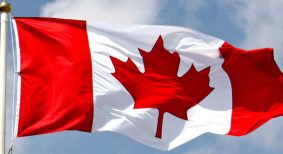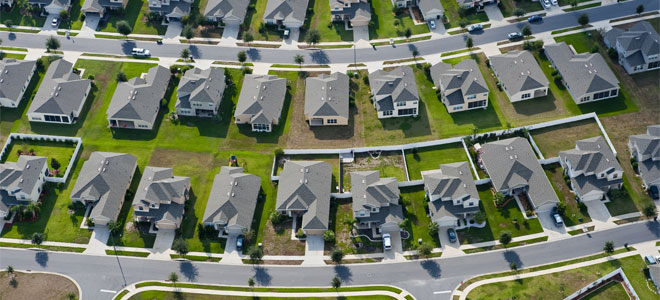A poll of land use, sustainability and regional planning in B.C. reveals that the natural environment and climate are keys to quality of life for residents in the province.
Real Estate Foundation of BC (REFBC), a philanthropic organization that helps advance sustainable land use in B.C., commissioned the poll to better understand B.C. residents’ values, opinions, and knowledge on land use issues.
Conducted by McAllister Opinion Research, the poll drew on a cross-section of British Columbian residents. Questions focused on quality of life, sustainable economy, local needs, land protection, penalties for polluters, First Nations as partners, and regionally specific concerns.
By sharing the findings from Sustainable Land Use: A Public Opinion Survey of British Columbians, REFBC hopes to help policy makers, governments, First Nations, non-profits, and others make decisions that align with public values.
“Poll findings help to quantify the needs and opinions of the people of British Columbia,” said Jack Wong, CEO of the REFBC. “Climate change is a large concern for people across the province and we hope that decision makers will use this data to make choices that are in the best interests for everyone.”
Highlights from the poll include:
- Quality of life. One in two British Columbians (54%) rate quality of life in their region of BC as “excellent” or “good”. Natural beauty and the environment (41%) and climate (22%) are most often named as the top factors contributing to quality of life in the province. Cost of living (18%), cost of housing (11%), and population increase (11%) are most frequently named as top threats to quality of life.
- Penalties for polluters.81% of residents support strong penalties (including jail time) for companies and people who pollute or degrade the land and water.
- A sustainable economy. Asked to identify which types of future economy most appealed to them, British Columbians are most likely to pick environmental themes like, “sustainable economy” (53%), “clean energy economy” (34%), and “green economy” (25%). The least popular types of future economy are “service” (9%), “industrial” (9%), and “extraction” (3%) economies.
- Local needs first. Nearly half (48%) of British Columbians want to see local needs prioritized over provincial interests.
- Land protection. British Columbians name “habitat for bird, fish, and animals” (66%), “local food security” (62%), and “large-scale wind, solar, and geothermal power” (61%) as their top three land use priorities for the province.
- First Nations as important partners. When it comes to ensuring First Nations are included in land use decisions, 86% of respondents agree that “we are neighbours and friends and we need to live together”.
“These findings show that British Columbians value our shared land and water and want to see more local input into land use decisions,” said Ramona Faust, chair of REFBC’s board of governors. “In our grantmaking, we’ve seen how investments in watershed governance, community engagement, and public outreach can contribute to more sustainable land use outcomes.”
Overall, residents support investments in local decision-making as 80 per cent of respondents agree with “establishing local decision-making bodies to ensure that all local citizens have meaningful input into land use decisions”.









